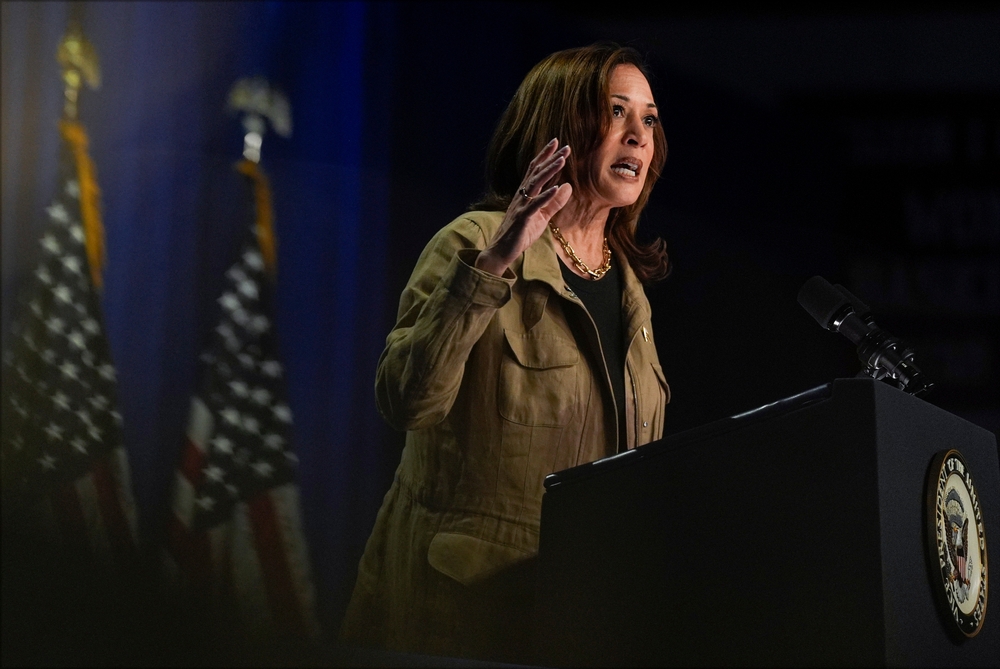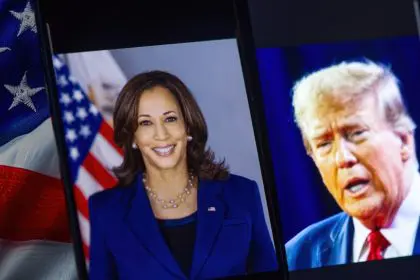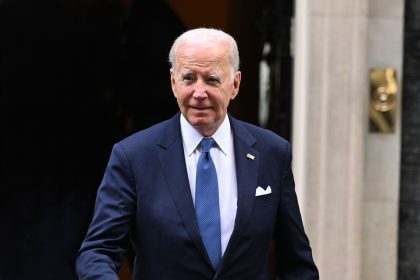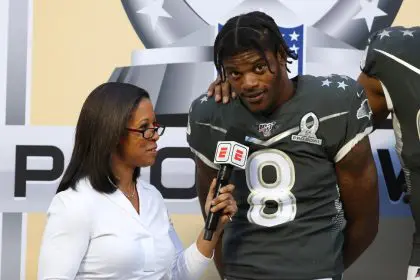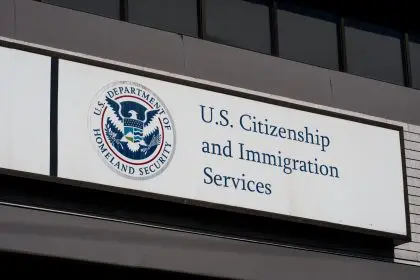In a poignant moment that resonates deeply with the struggles and triumphs of Black America, 109-year-old Lessie Benningfield Randle, one of the last living survivors of the 1921 Tulsa Race Massacre, cast her vote for Kamala Harris in the 2024 presidential election. As she approaches her 110th birthday, Randle’s choice reflects not only her personal hopes for the future but also a powerful connection to a legacy of resilience and resistance.
The legacy of the Tulsa Race Massacre
Born in 1914, Randle was just a child when a violent mob of white residents devastated Greenwood, a prosperous Black neighborhood known as Black Wall Street. The massacre resulted in the deaths of hundreds and the destruction of 35 square blocks of thriving businesses. Randle’s decision to vote for Harris symbolizes her enduring hope for a better future, rooted in the painful history she has lived through as a Black woman in America.
A vote for change and progress
Randle’s vote carries significant weight, especially considering the historical context of her lifetime. She was born into a time when women were denied the right to vote, and systemic racial barriers prevented Black Americans from fully participating in democracy. The passage of the Voting Rights Act of 1965 marked a turning point, dismantling many of the obstacles that had long kept Black citizens from exercising their right to vote.
In a statement to ESSENCE, Randle said, “If this is my last ballot, then I’m grateful that it’s for Kamala Harris. My grandchildren deserve a world where taking care of their parents isn’t a financial struggle, medication is affordable, and women are free. And our children deserve a president who will inspire them to learn from history, not a tyrant who will try to erase it.” Her words echo the sentiments of many who view this election as a critical juncture for the future of democracy in America.
Warnings from the past
Randle’s reflections also serve as a cautionary tale about the current political climate. She warned of a disturbing resurgence of hatred reminiscent of the past, stating, “The mob that murdered my neighbors in Greenwood was so angry, and this country is at risk of allowing that same anger to take over its soul again.” Randle emphasized the importance of voting as a means to reject candidates who incite division and violence, urging voters to protect future generations from the horrors she has witnessed.
Support from the community
Damario Solomon-Simmons, Randle’s attorney and founder of Justice for Greenwood, praised her unyielding spirit and the significance of her vote. He noted that the legacy of the Tulsa Race Massacre is not just a historical footnote but a living testament to the resilience of the Black community.
A symbol of hope
Randle is not alone in her symbolic act of voting for Harris. Viola Fletcher, another survivor of the Tulsa Race Massacre, also plans to cast her vote for Harris, further emphasizing the importance of this election for those who have lived through the darkest chapters of American history. Their choices serve as a reminder of the ongoing struggle for justice and equality.
As Election Day continues, the voices of those like Lessie Benningfield Randle remind us of the importance of voting as a means of honoring our history and shaping our future. Her vote for Kamala Harris is not just a personal choice; it is a powerful statement about resilience, hope and the enduring fight for justice in America.

